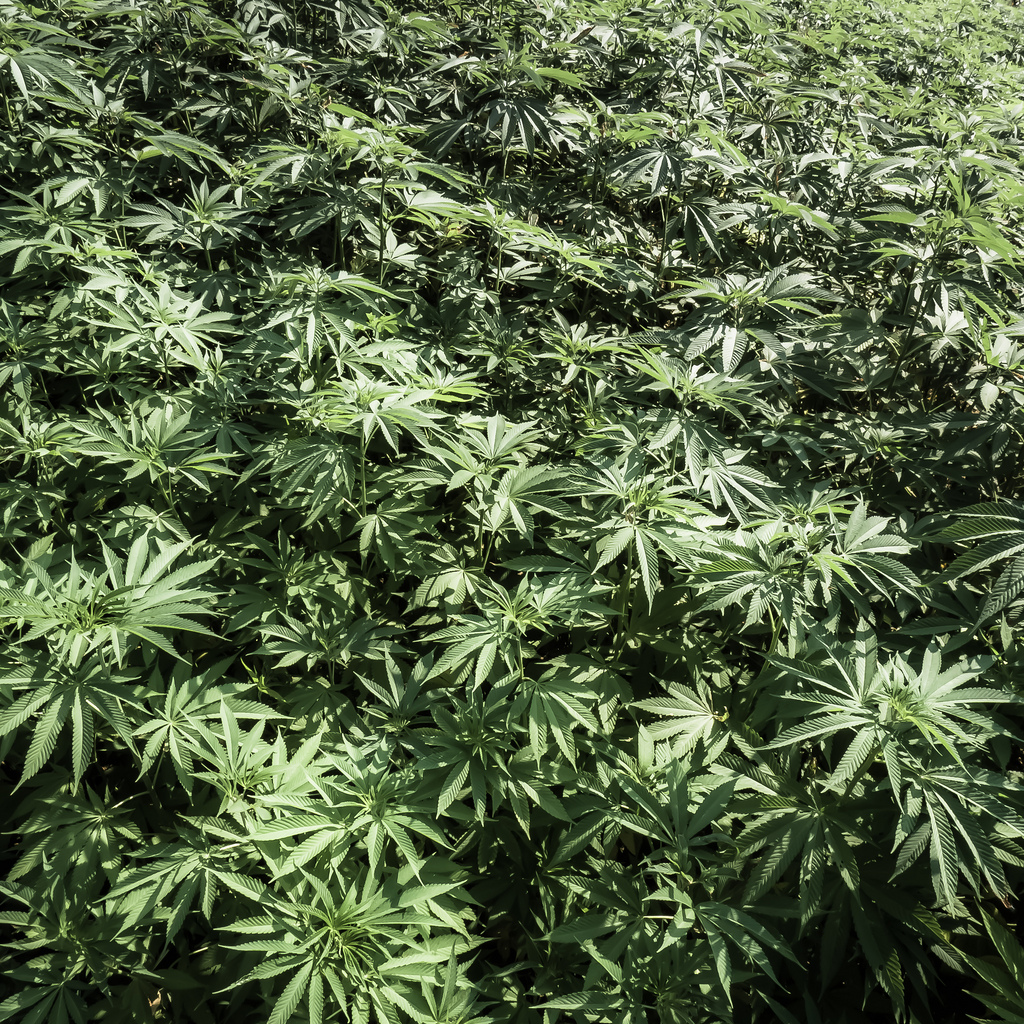With marijuana legalization trends beginning to spark up around the globe, many have begun to wonder how the global economy might handle a world-wide green rush the likes of what we’ve witnessed in Colorado this past year. Some predictions based on current production costs, which is estimated between $2-3 per gram, put the price of a pack of marijuana joints that is similar in size (1 gram per joint) and quantity (20 joints per to a pack of cigarettes: 20 joints ) at about $50 per pack. Forbes contributor Tim Worstall, however, speculates that in a fully-legal and globalized green market, that same pack of joints would actually cost something a bit more like $0.50.
Currently, because the marijuana industry is federally illegal, these speculations are in the end nullified: marijuana is not legal on a global scale, or even on a national scale except in Uruguay, and there’s truly no telling when a globalized cannabis industry might happen. However, given that large tobacco companies like Phillip Morris (the makers of Marlboro) tend to gravitate towards money-making opportunities, as all corporate empires are inclined to do, it seems safe to assume that “big tobacco” would translate to “big marijuana” in a heartbeat if the necessary political conditions were satisfied.
And in a future world where cannabis has been completely legalized, Worstall argues that big players like Phillip Morris would take their immense capacity for funding marijuana production and go elsewhere. Malawi, a tiny country in southeastern Africa, is one such possibility: the country is ideally located in the right climate for growing cannabis, and tobacco companies are already quite familiar with Malawi, whose economy is hugely dependent on the country’s involvement in the international tobacco industry—Malawi tobacco is already commonly found in almost every Marlboro or Camel tobacco blend on the planet. But perhaps most importantly: according to the UN Office of Drug Control, the wholesale price of cannabis on the black market there is somewhere between $3-4 per kilogram, or something like one thousandth that of the price here in the U.S.
There are absolutely other variables to consider—costs of packaging and transport, manufacturing, the inevitability of a steep government excise tax—but when we’re talking about price differences of this magnitude, Worstall’s $.050 prediction for a globally-produced pack of joints begins to make a little more sense.
But maybe the more important question is what would happen in a world where $0.50 might pay for enough joints to arguably hotbox a small condominium? If the cannabis industry ever reaches the globalized state described by Mr. Worstall, could we expect something like a 1000% excise tax to make that $0.50 pack of joints cost $5.00? As a buyer, I have to say I wouldn’t personally complain if that were the case.
Sources:
http://www.unodc.org/pdf/WDR_2006/wdr2006_chap5_cannabis.pdf
Photo Credit: Gavin White
